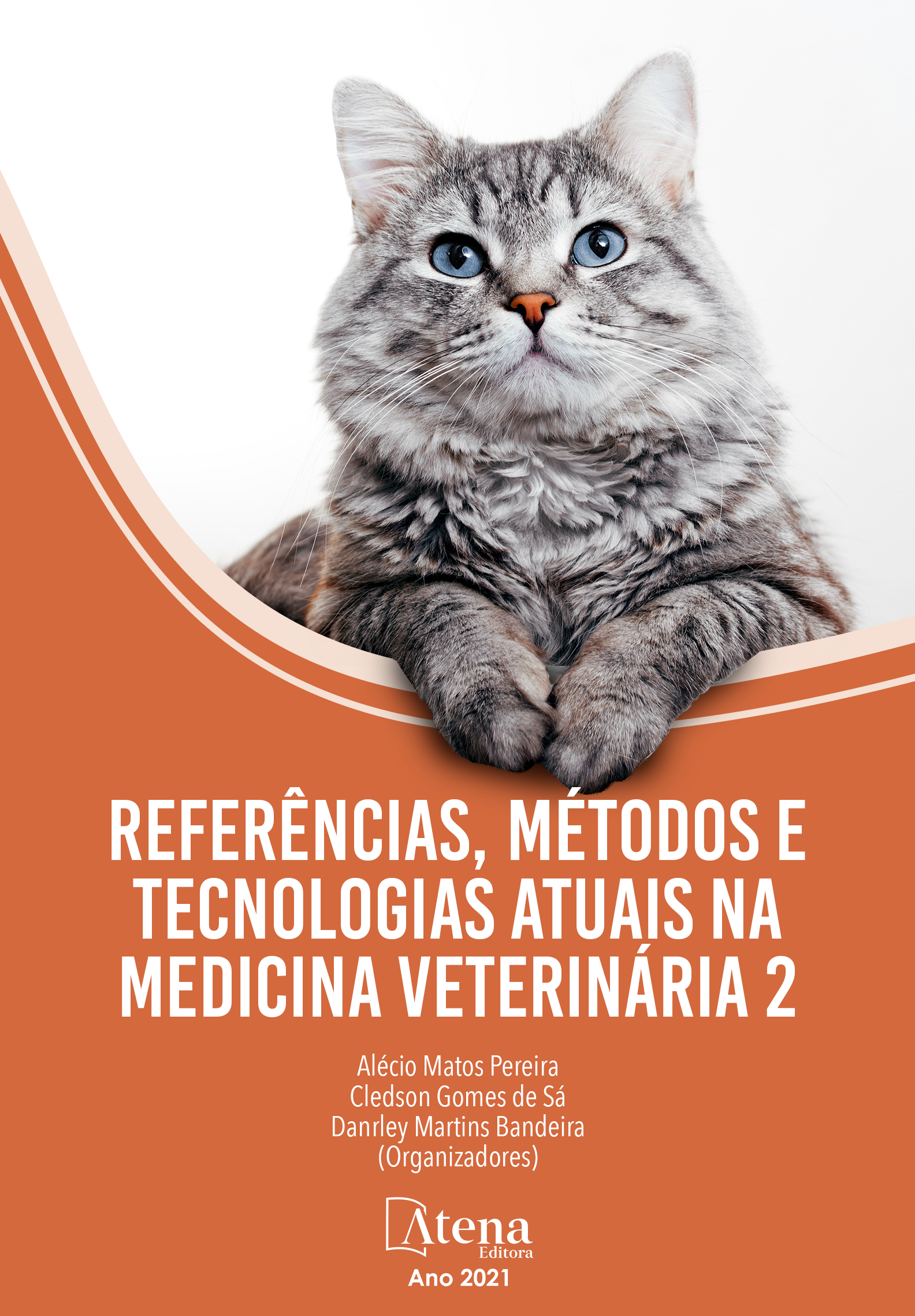
GATOS DOMESTICOS CON HIDATIDOSIS POLIQUISTICA ABDOMINAL EN PATAGONIA SUR ARGENTINA
La hidatidosis o equinococcosis quística, es una enfermedad parasitaria crónica de importancia mundial causada por Echinococcus granulosus sensu lato (E. granulosus), en el que se describieron 10 genotipos. (Cucher y cols. 2016).
Es la zoonosis parasitaria más importante en la Patagonia Sur de Argentina, constituyendo un problema socioeconómico que afecta la salud de sus habitantes y deteriora la producción ganadera. E. granulosus s. l. es la única especie del parásito detectada y el genotipo G1 es la encontrada en perros, ovinos y humanos.
El hospedador definitivo de E. granulosus es un carnívoro donde se desarrolla la fase adulta y sus hospedadores intermediarios son una amplia gama de mamíferos, donde se desarrolla la fase larval o quística.
La hidatidosis primaria es originada por la ingestión por el hospedador intermediario de huevos viables, dando lugar a la formación de la hidátide o quiste hidatídico. La hidatidosis secundaria es producto de la rotura espontánea o traumática, de un quiste hidatídico fértil, liberándose protoecólises y/o vesículas hijas.
El gato doméstico (Felis catus) no es tenido en cuenta al ser abordada la enfermedad hidatídica en los textos de parasitología, publicaciones científicas, reuniones científicas y por los programas de control. Como consecuencia la hidatidosis no es considerada como enfermedad de los gatos.
En las publicaciones científicas están descriptos 9 (nueve) casos y en este reporte informamos 4 (cuatro) casos, todos ubicando al gato como hospedador intermediario.
Los gatos domésticos son carnívoros, al igual que el perro, el hospedador definitivo de E. granulosus. Es probable que su comportamiento de realizar una cuidadosa y minuciosa limpieza del pelaje, la costumbre de lamer a otros gatos o animales y el hábito de ingerir pastos o hierbas, en su conjunto posibilitan la ingestión de huevos de E. granulosus diseminados en el ambiente, al igual que los hospedadores intermediarios habituales.
GATOS DOMESTICOS CON HIDATIDOSIS POLIQUISTICA ABDOMINAL EN PATAGONIA SUR ARGENTINA
-
DOI: 10.22533/at.ed.7952120087
-
Palavras-chave: Hidatidosis, zoonosis, gato, quistes, Echinococcus
-
Keywords: Hydatidosis, zoonosis, cat, cysts, Echinococcus.
-
Abstract:
Hydatidosis or cystic echinococcosis is a chronic parasitic disease worldwide distributed caused by Echinococcus granulosus sensu lato (E. granulosus), in which 8 genotypes were described. (Cucher y cols. 2016).
It is the most important parasitic zoonosis in the South Patagonia of Argentina, constituting a socioeconomic problem that affects the health of the population and deteriorates livestock production. E. granulosus s. l. it is the only species of the parasite detected in this area and the G1 genotype is found in dogs, sheep, cattle and humans.
The adult stage of E. granulosus develops in the definitive host, a carnivore, and the larval or cystic stage develops in the intermediate host, a wide range of mammals.
Primary hydatidosis is caused by the ingestion of viable eggs by the intermediate host, leading to the formation of the hydatid or hydatid cyst. Secondary hydatidosis is the product of the rupture, spontaneous or traumatic, of a fertile hydatid cyst, releasing protoscolices and / or daughter vesicles.
The domestic cat (Felis catus) is not considered when addressing hydatid disease in parasitology texts, scientific publications, scientific meetings and control programs. As a consequence, hydatidosis is not considered as a cat disease.
Cats are reported as an intermediate host in nine scientific publications. This report describes four cases of cats as an intermediate host in South Patagonia.
Domestic cats are carnivores, like the dog that is the definitive host for E. granulosus. Likely, the cat's cleaning habits, the habit of licking other cats or animals and the habit of ingestion of grasses allow the ingestion of E. granulosus eggs disseminated in the environment, as well as the usual intermediate host does.
-
Número de páginas: 11
- Maria Laura Gertiser
- Claudio Torrisi
- Andrea Florencia Maglioco
- Alicia Graciela Fuchs
- Héctor Gabriel Avila
- Oscar Jensen


